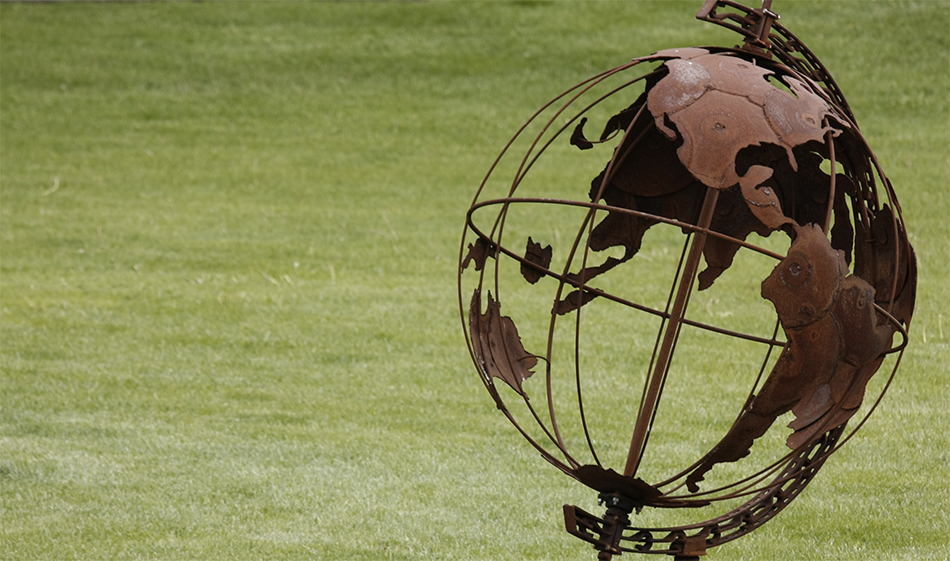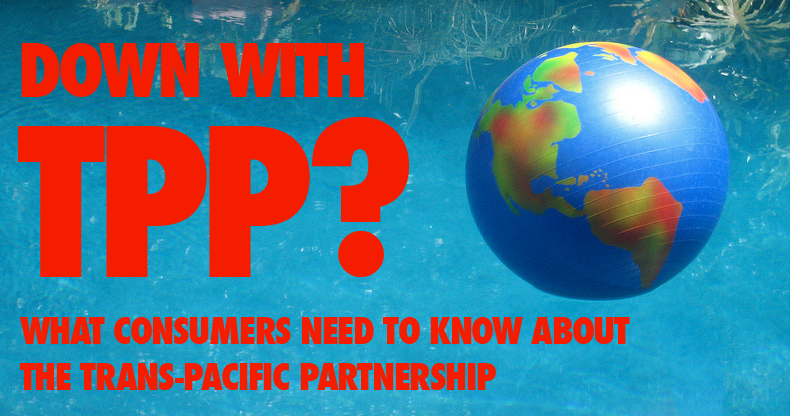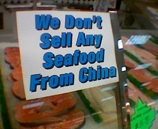The 12 countries participating in the Trans-Pacific Partnership finally came to an agreement on the more-or-less final draft on October 6. Each member nation soon gets to kick off its own ratifying process, but until that formally begins, the entire text is still a closely-held secret. [More]
free trade

TPP: Leaked Chapter Shows Trade Agreement Could Have Big Effects On Drug Prices, Privacy

12 Countries Finally Reach Agreement On Trans-Pacific Partnership; Now Congress Gets To Fight About It Next
The Trans-Pacific Partnership (TPP) hasn’t technically been in the works since the dawn of time, but it sure does feel like it sometimes. Negotiations first began in 2008, and culminated in a formal agreement being announced yesterday. With 12 nations having now more-or-less agreed on what is billed as the largest, most momentous international agreement of our time, one big question remains: now what? [More]

What The Heck Is The Trans-Pacific Partnership & Why Should I Be Concerned?
It’s 2014, and we’re living in an increasingly globalized economy. International trade has been ramping up for centuries, and a carefully-plotted web of agreements keeps goods, services, and money moving around the world. The U.S. is already a part of many such agreements and organizations — NATO and NAFTA might sound familiar — but a new international trade agreement, under negotiation right now, has a lot of watchers very worried about potential consequences for everything from healthcare to copyright law in the United States. [More]

Use Free Trade To Promote Food Safety
National Journal has an interesting article about the intersection of free trade and globalization with increased food safety abroad and at home. Rather than reject shipments of Chinese fish for being raised in disgusting environments, the US should require trading partners to set and enforce their own strict food safety standards and use globalization as a way to promote better standards worldwide, instead of a race to the bottom.

